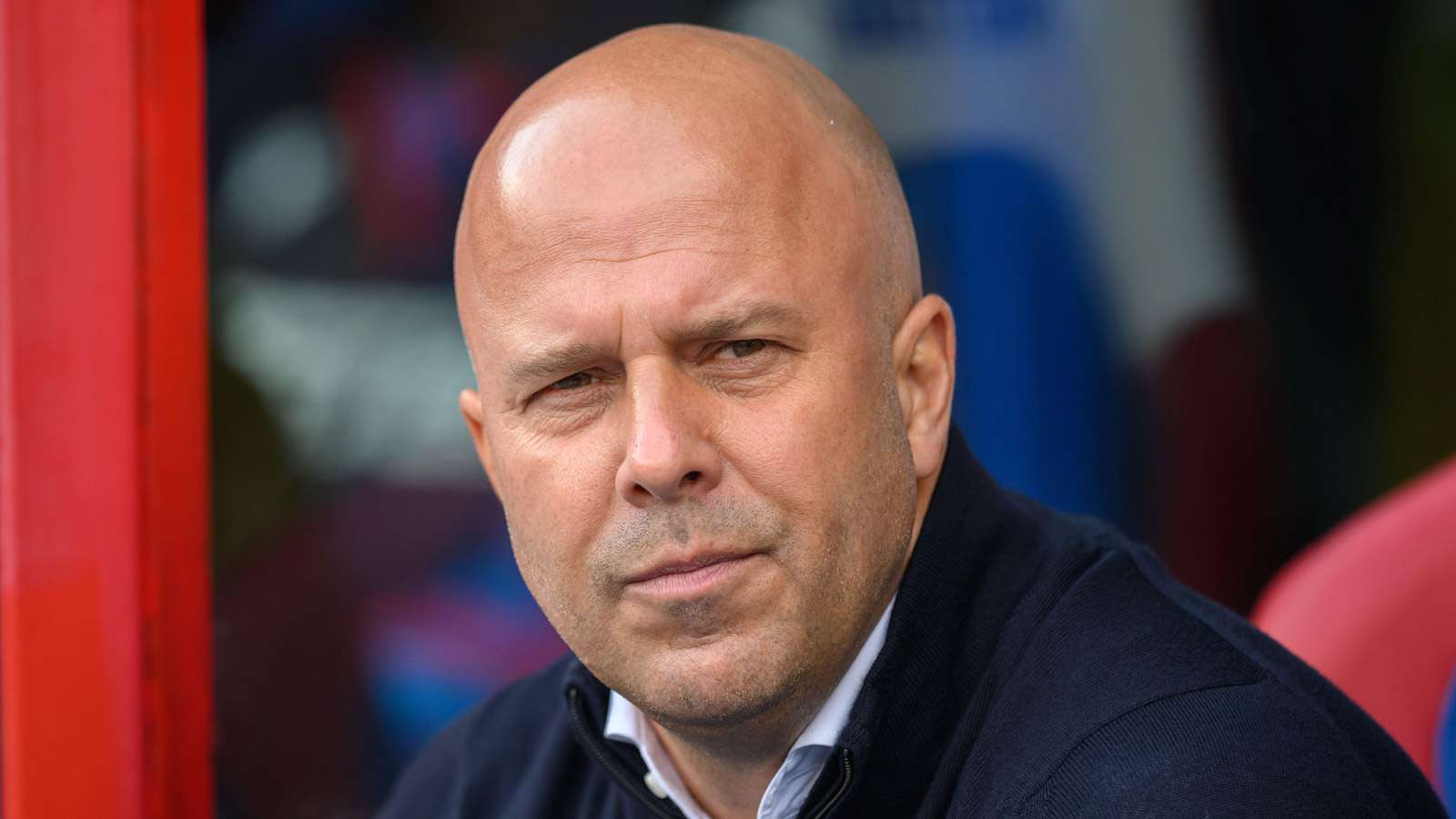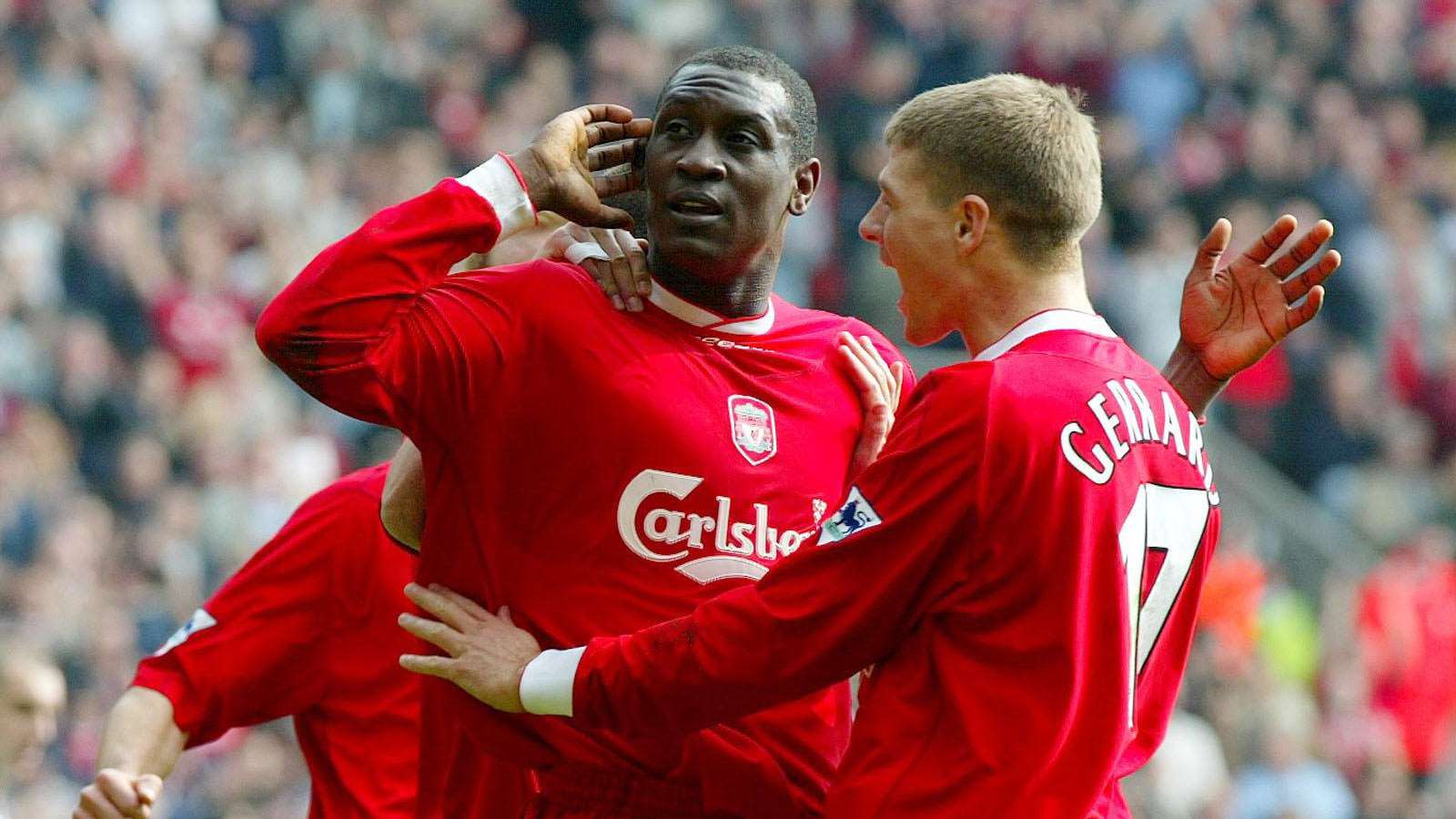Arne Slot has warned his Liverpool players that they must sharpen their game management if they are to maintain their unbeaten start to the season, insisting that “a moment can change a game” no matter how dominant they appear.
Liverpool’s flawless run in the Premier League continued with a 2-1 victory over Everton at Anfield. Goals from Ryan Gravenberch and Hugo Ekitike ensured the points, but Idrissa Gueye’s strike midway through the second half once again left the Reds walking a fine line in a contest they had largely controlled.
For Slot, it was a familiar story. Six competitive matches into his second tenure, the Dutchman has seen his team take charge, establish two-goal cushions, and then allow opponents a route back.
In four of those games against Bournemouth, Newcastle United, Atletico Madrid, and now Everton Liverpool’s grip loosened at crucial moments. On three of those occasions, the lead was completely wiped out before late winners secured victory.
“I think we managed the game really well, but we didn’t manage some moments really well,” Slot said afterwards. “This was also the thing I said before the game. There is a lot to like, but we have to understand a moment can change momentum.”
The derby offered another reminder. Liverpool dominated possession and territory, pressed Everton into mistakes, and should arguably have been out of sight before Gueye’s goal halved the deficit. It left Slot’s side having to negotiate the closing stages with less comfort than their superiority merited.
“This is what happened against Bournemouth, where we were 2-0 up, it was our game but a silly trick and we conceded [the] 2-1,” Slot explained. “The set-pieces against Newcastle, conceding just before half-time against Atletico Madrid, when we also played so well in the first half.”
Those examples illustrate what the 46-year-old views as the next step in his team’s development. His Liverpool have shown attacking fluidity and resilience in recovering late on, but the emphasis now is on control, minimising risk, and removing jeopardy once ahead.
“We have to understand a moment can change a game, no matter how well you play, no matter what you do, always fight for these moments,” he continued. “This is where we can improve a little bit, but we managed the game in general really well. I don’t think they had a chance after they scored the 2-1, but it always feels a bit difficult if you’re only 2-1 up.”
Yet Slot’s concern lingers. The relentlessness of Liverpool’s schedule with European fixtures layered onto the domestic programme means tight games will be unavoidable. What he wants to avoid is his team repeatedly ceding control and leaving themselves vulnerable.
Against Everton, Gueye’s goal changed the mood. Anfield, which had been serenely confident, suddenly braced itself for another tense finale. The equaliser never came, but the reminder was sharp enough.
Slot’s comments reflect a wider philosophy. His Feyenoord side in the Eredivisie became known for suffocating control, and he has spoken often about his belief that the best teams minimise the number of “transitions” in a game. Liverpool’s ability to strike late winners has showcased resilience, but the head coach knows that margins will tighten as the season progresses.
Slot’s words after the derby were not a warning borne of frustration, but rather a calculated reminder. His side may be winning, but his standards are higher still.
“I don’t think they had a chance after they scored the 2-1,” he reflected, “but it always feels a bit difficult if you’re only 2-1 up.”
For now, Liverpool’s record is unblemished. The challenge in the weeks to come will be to match that perfection on the scoreboard with a greater sense of control on the pitch.




